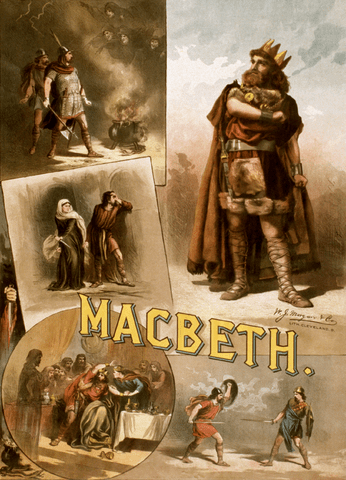Dramatic Irony vs Situational Irony
Understanding the difference between dramatic irony and situational irony is crucial if you are a literature student, as irony is one of the various techniques employed when studying literary works. Irony is a literary device frequently used to convey a meaning contrary to what can be observed in a situation. Different categories of irony include situational irony and dramatic irony. Situational irony occurs when the opposite of the expected results happens, while dramatic irony is when the reader or the audience is aware of the reality of the situation, but the characters are not. This article aims to provide a basic understanding of these two terms while emphasizing their differences.
What is Situational irony?
Situational irony is when there is a contrast between expectations and outcomes. In other words, it is when the exact opposite of what we expect occurs. Writers often use situational irony to evoke comedy, as well as tragedy in a story. For example, let’s assume a person who has bought a brand new car drives really slowly to avoid any accidents but ends up getting hit by another vehicle. This is ironic because the exact opposite of what the person expects happens.
What is Dramatic irony?
Dramatic irony is when the characters of a specific story are not aware of the reality of the situation, but the readers or the audience are. Writers use this technique to create suspense since the readers are already aware of the situation but are excited to know how the characters would react to it once they get to know the reality. By providing information and keeping it from the characters, the writer can create curiosity in the reader. For example, in Shakespeare’s Macbeth, King Duncan visits Macbeth’s palace and speaks very highly of him. However, unlike the audience, the king and the rest of the characters are unaware of the fact that Macbeth is planning on murdering him that very night. This can be considered an excellent example of dramatic irony in literature.
Key Takeaways
- Situational irony is when there is a mismatch between the expectations of someone and the outcomes that they would gain.
- Dramatic irony is when the audience or the readers are aware of the truth or reality, but the characters are not aware of the reality of the situation.
- While situational irony takes the reader or audience completely by surprise where something contrary to the expected results takes place, in dramatic irony, the reader or audience is aware of the situation, but the characters do not possess the awareness of the reader or audience.
